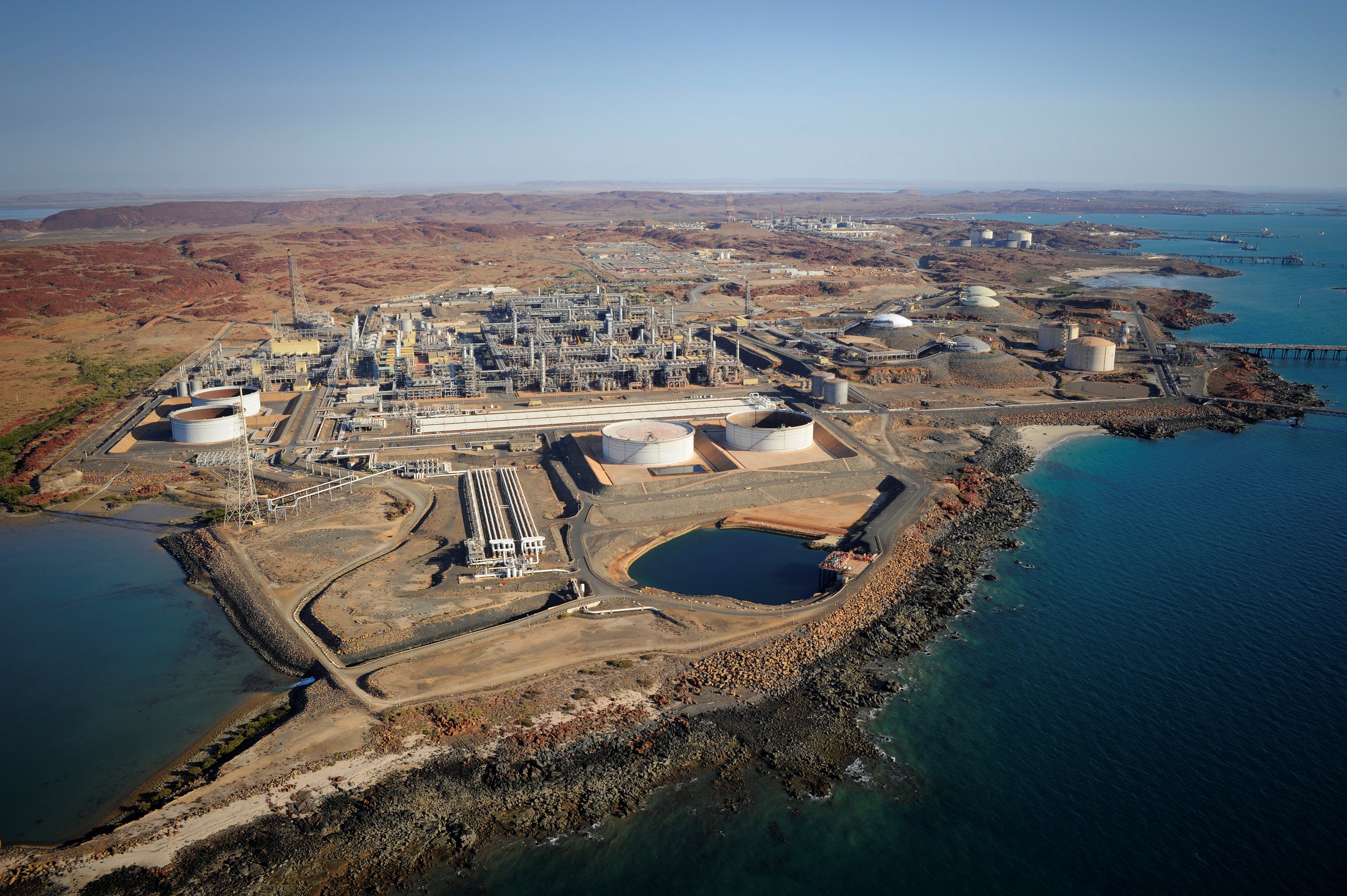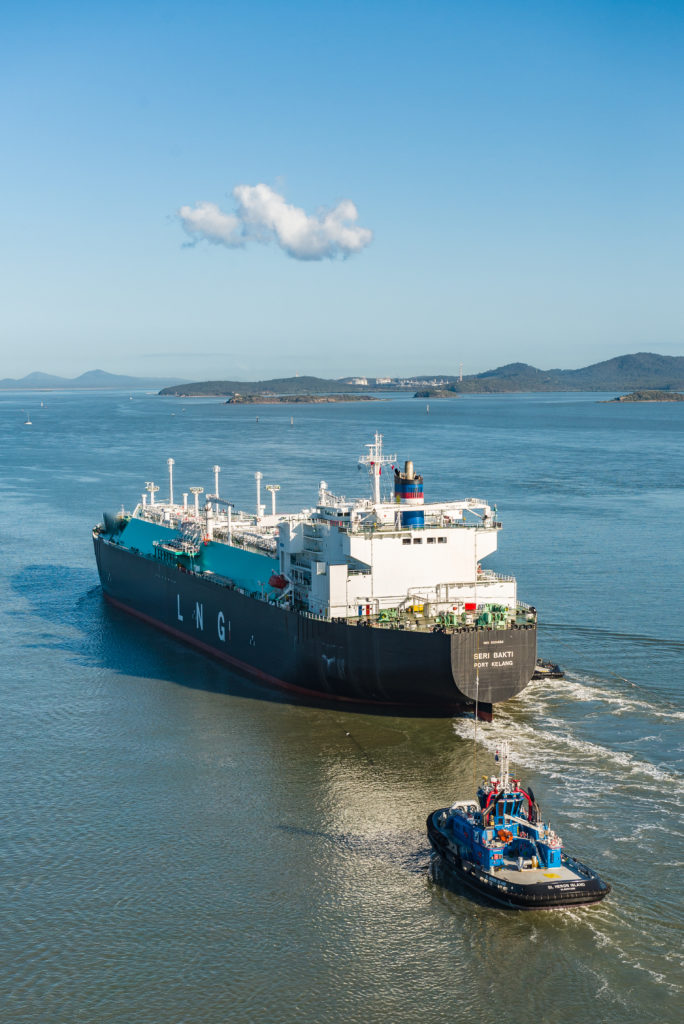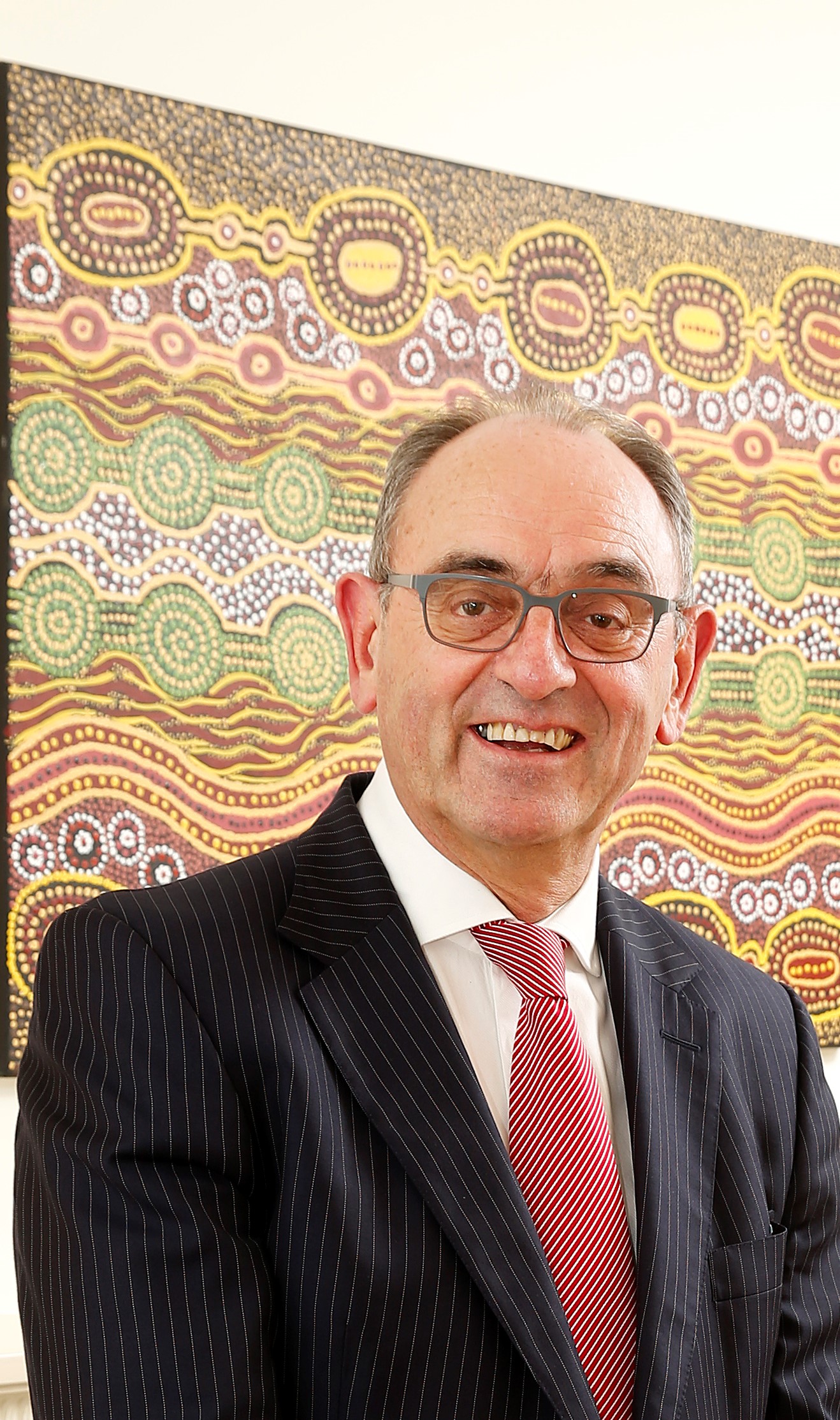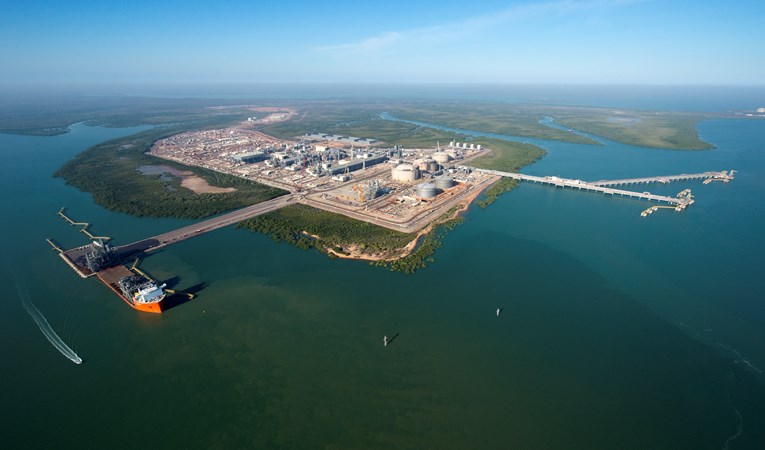Australia has officially become the world’s largest exporter of Liquefied Natural Gas (LNG) on an annualised basis.
In sending overseas, an estimated record 77.514 million tonnes (Mt) of locally produced LNG in calendar 2019, Australia edged out former No. 1 LNG export titleholder Qatar, expected to produce 75Mt in 2019.
Double the United States
The 2019 Australian LNG exports were more than twice those of the United States, the world’s other fast-growing LNG producer. The US Energy Information Administration expects the US to have exported 34.3Mt in 2019.
The Australian contribution came from across all three now fully established LNG hubs at Karratha in Western Australia, Gladstone in central Queensland and Darwin in the Northern Territory – home of both the Ichthys and Darwin LNG projects.
Total Australian 2019 LNG shipments were up by 11.4% on 2018, primarily due to the growth in production from the Ichthys project, operated by Japan’s INPEX.
Western Australian production was steady on 2018 and Queensland production was up by 8.2% to 22.4Mt, with both APLNG and QCLNG operating at close to full capacity.
The figures and new world crown are confirmed in analysis of ship tracking data by respected Australian independent energy consultancy, EnergyQuest.
Qatar is now No.2
Its Chief Executive, Dr Graeme Bethune, said that while Qatar’s final production figures for 2019 were yet to be produced, Australian operational capacity of 88Mt now substantially exceeds the 77Mt of its Middle Eastern rival.
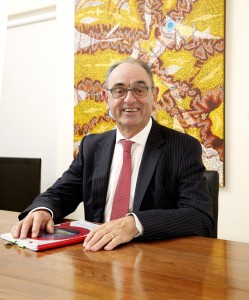
“The record Australian performance for last year is 2.5Mt above the forecast of Qatar 2019 production of 75Mt, contained in the December 2019 Australian Government Resources and Energy Quarterly,” Dr Bethune said.
“On an annualised basis, we have previously achieved the global title in some individual months but 2019 is the first time Australia has topped global LNG export performance on a sustained annual basis,” he said.
“Australia’s 10 LNG projects have a combined capacity of 87.8Mt. However, with only 88% of total nameplate capacity used over 2019, there remains opportunity going forward to lift the current production milestone even higher.
Prelude to reach full capacity
“For example, the Shell-operated Prelude floating LNG project offshore WA is only expected to reach full capacity in 2020.”
On a percentage basis, the Northern Territory proved the glamour performer for 2019, lifting sold output 153% to more than 10.5Mt from 4.15Mt the previous year.
Western Australia continued to dominate the country’s LNG output at 57% of the national total, with Queensland garnering 29% of those exports.
The largest contributing project to Australian LNG exports was the Woodside-operated North West Shelf project in WA, followed by the two Chevron-operated WA projects, Gorgon and Wheatstone.
The largest % growth was the Northern Territory’s Ichthys LNG project, producing 7.529Mt in calendar 2019 – up 900% in a year from its commissioning volumes in 2018.
Western Australia alone is now the world’s second largest LNG producer with Queensland ranking a significant sixth. The new data underpins the emergence of the Northern Territory as now the third force in Australian LNG, producing 14% of Australia’s 2019 LNG exports.
EnergyQuest estimates that the average 2019 LNG export price was A$11.41 per gigajoule (GJ), well above WA domestic gas prices of below A$4.00/GJ.
On the east coast, the Wallumbilla average gas price fell from A$8.95/GJ in 2018 to A$8.15/GJ in 2019 and as of 1 January, 2020, had eased even further to A$5.00/GJ.
Dr Bethune said EnergyQuest analysts estimated total 2019 LNG export revenue was A$49.0 billion, up from A$43.3 billion in 2018 and A$9.4 billion a decade ago in 2010 at the start of the Australian LNG development boom.
“To put the A$49 billion of LNG export revenue in context, the total value of exports of both goods and services from Victoria was estimated by Global Victoria to be A$57.7 billion in 2018-19,” Dr Bethune said.
“So, LNG contributed nearly as much export revenue last year as all of the exports from Australia’s second-largest state.”

